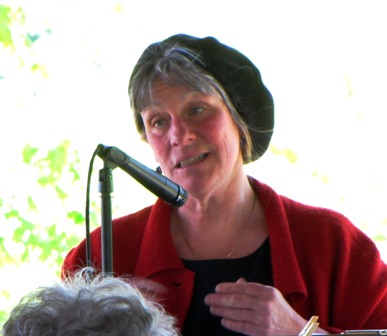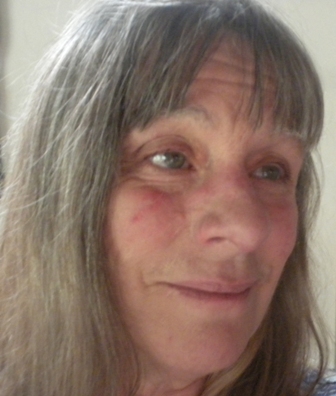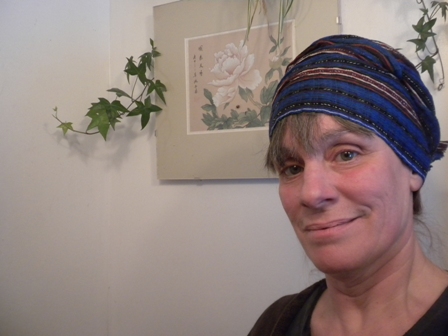
Since Ken died I have reigned in my near rabid reaction to “So sorry for your loss.” A friend asked why it bothers me so much. Here is a portion from that near rant.
“So sorry for your loss” is a trite phrase: so often repeated that it is now as meaningless to me as the yellow smiley face with “Have a nice Day ” emblazoned under it. I hesitated to post Ken’s death on face book. I mean really, how many likes would make me feel better? How many sad faces or tens of “So sorry for your loss.” None memorable and not helpful.

To me the word sorry means regret like “I am sorry I am late.” No one is responsible for Ken’s death. Ken died. We all die. You may be sad to hear it, you may be sad I am widowed, you may be concerned about me. Well, say that! Just speak from your heart. I value your unique perspective and memories of Ken so much more than a trite phrase
I would like to think Ken’s death affected the someone who is speaking or sending me a card. I would like to think we share this loss. If that is true it isn’t my loss, it’s our loss.

And could we look at this less as a loss? Could we be sad Ken has moved on and feel grateful we got to know him, learn from him, dance with him, laugh with him, even argue with him? Once he is gone it is the memories of him, the things he said or did that matter to me instead of being reminded I won’t smell him or see him every morning or ever dance with him again

Instead of reminding me I am now a widow without a husband, could you share what you enjoyed about Ken, admired about Ken, loved about Ken? Could you share with me and remember with me? That would help more than you can imagine.







Thank you, these are helpful reminders.
I remember when I was in high school and a family friend had died in a fire her freshman year in college. I did not want to go with my mother to see her family because I did not know what to say, and my mother said “There are no right or wrong thing to say you just need to go and be there.”
I have tried to live up to that example but I know that I have also blurted out some lame cliche’ because I found myself speechless and unable to grasp the gravity of the situation.
Yes, “showing up” is appreciated – a lot. And I often remind myself I was the one blurting out less than helpful things. I also believe I am now in a place to inform people what is and isn’t helpful, as most of us will have and more opportunity to practice!